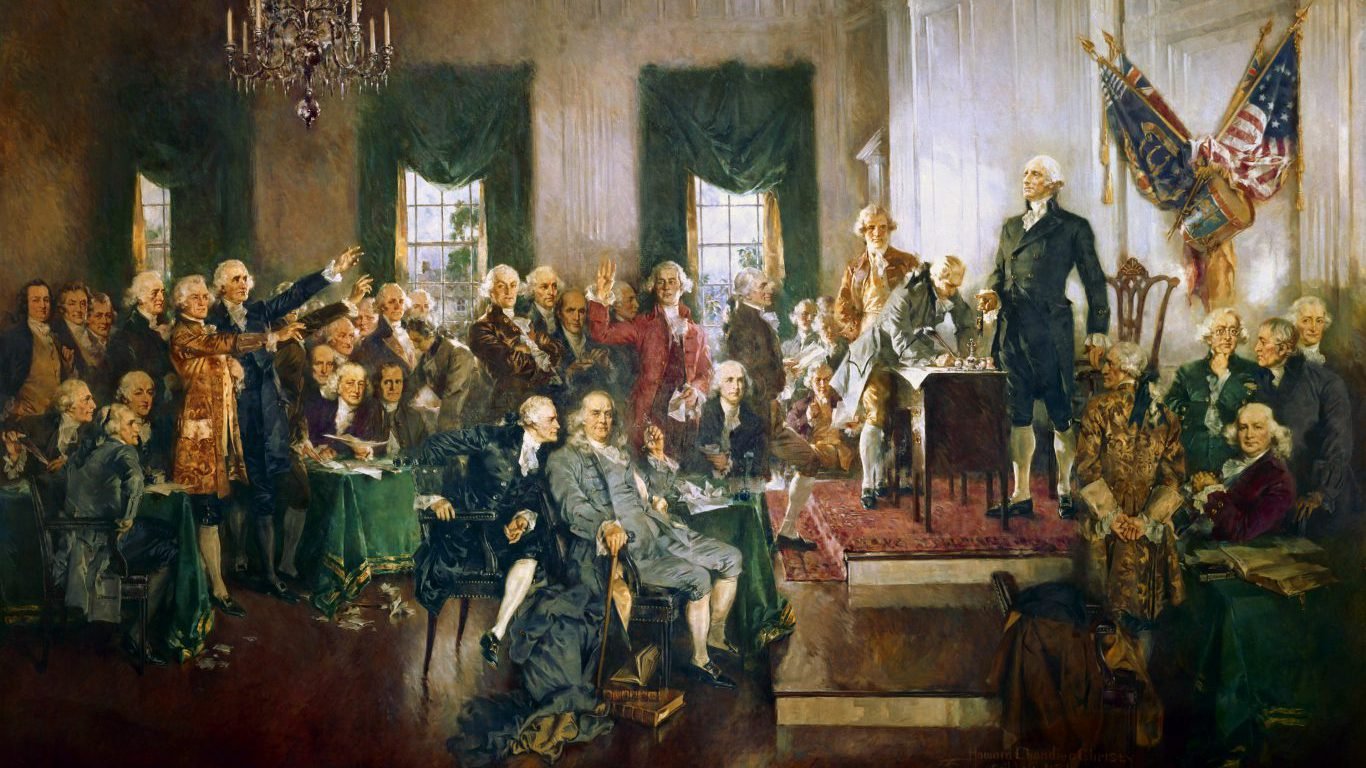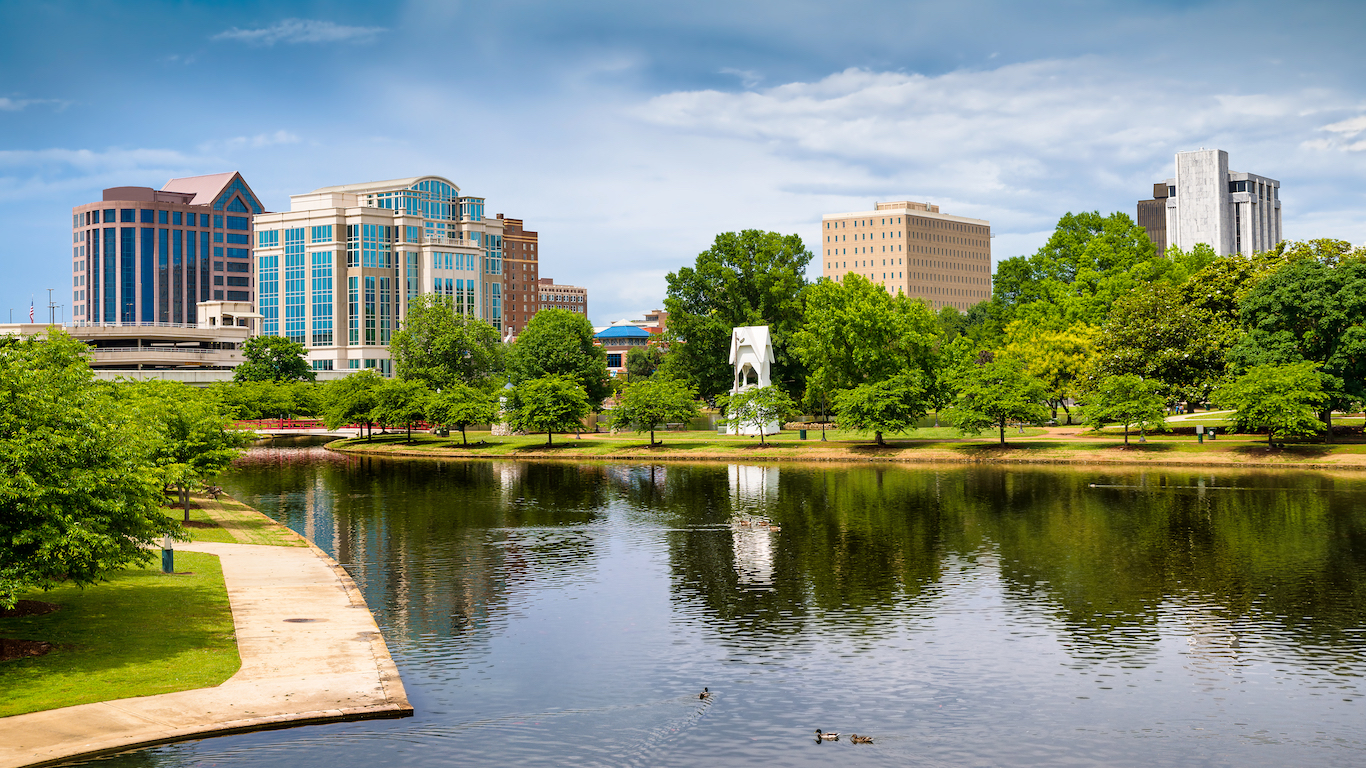

Since the United States of America declared its independence from the British Empire, every state has carved out its own individual identity, with a different cultural mix and a variety of languages spoken. From the 13 original colonies to 50 different states, each part of the country has had a unique journey to become one of the stars on the American flag.
From Delaware in 1787 to Hawaii in 1959, each state has had different reasons for wanting to join the Union, or the U.S. has had different reasons for wanting to bring the state into the fold. During the 19th century, Americans felt it was their “Manifest Destiny” to expand the nation across the entire continent. The U.S. added 14 new states from 1812 to 1850, bringing the total to 31 states and signaling a new era in American history.
Some states, like California, had an easy time getting into the Union, mostly because of economic reasons. After the discovery of gold, the most important historical event in California, the Golden State was fast-tracked into the U.S. in 1850. Other states, like Utah, were kept as territories for decades before finally being admitted into the Union.
The first 13 states started as British colonies, but later fought for and won their independence. Most of America’s towns founded before the Revolution are found in these states. Each state officially joined the United States once it ratified the Constitution. Delaware became the first state when its representatives approved the Constitution on Dec. 7, 1787.
In a handful of cases, new states formed by separating from an existing state. Kentucky left Virginia after feeling dissatisfied with its government. West Virginia residents generally disliked the idea of secession, so the state split from the recently seceded Virginia during the Civil War. And Maine was separated from Massachusetts to maintain the balance of slave states and free states when Missouri joined the Union.
As the U.S. continued to acquire land, either through purchase or force, more territories were added. The U.S. bought 530 million acres from France in the Louisiana Purchase. The U.S. also completed its desire to go from sea to shining sea after defeating Mexico in the Mexican-American War in 1848, acquiring the land that would become California, Texas, and several other Southwestern states.
The U.S. hasn’t added another star to its flag in over 50 years, but that doesn’t mean it is done adding states. Puerto Rico, one of five U.S. territories along with American Samoa, Guam, the Northern Mariana Islands, and the U.S. Virgin Islands, is pushing for U.S. statehood.
In order to determine how each state was founded, 24/7 Wall St. reviewed state historical records and media reports to find each state’s founding date, its early representatives, capital city, status before statehood, and background information about the circumstances leading to statehood. The first capital of a state is the first city to be designated the capital once the state was admitted to the U.S. or the first place where the state’s legislature convened. Data on each state’s first governor came from the National Governors Association.
Click here to see how each state was founded

1. Alabama
> Founding date: December 14, 1819 (22nd state to join)
> First capital city: Cahaba
> First governor: William Wyatt Bibb
After Southerners pressured Congress to add more slave states, the Alabama Territory was carved out of the Mississippi Territory in 1817. Alabama was admitted as a state two years later.
Thank you for reading! Have some feedback for us?
Contact the 24/7 Wall St. editorial team.

